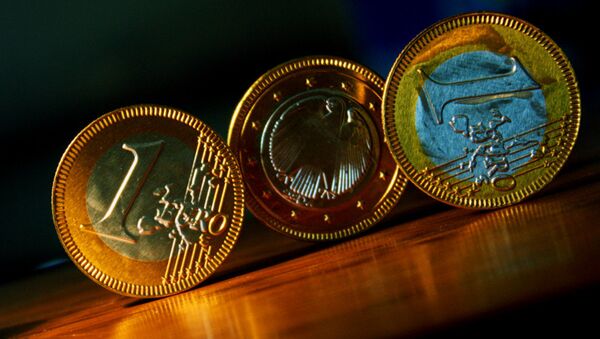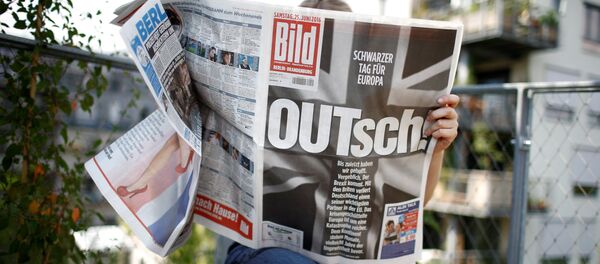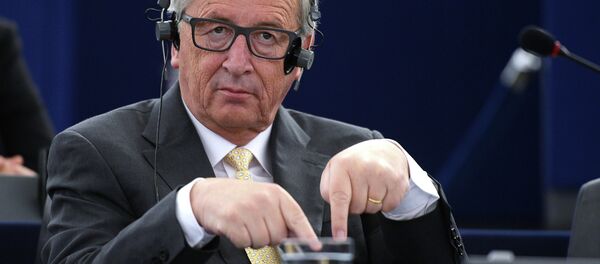Kristian Rouz – Economic growth in the common currency area has slowed in September amid ongoing post-Brexit fatigue, with Germany, the key driver behind the pan-European powerhouse, gradually cooling due to the weaker performance of its services sector.
On Friday, the Eurozone’s business growth hit its 20-month lowest, with the flash (preliminary) PMI from Markit Economics having dropped to 52.6 in September from 52.9 in August. The reading of 50 is the borderline between contraction and expansion, but even though the Eurozone remains in positive territory, market expectations for broader economic performance had been higher.
#Eurozone economic growth at 20-month low in September as #PMI falls to 52.6 (Aug: 52.9) https://t.co/W0fnUPNZ6g pic.twitter.com/yrBmYjB8Wr
— Markit Economics (@MarkitEconomics) September 23, 2016
The cooling of the German economy is to blame.
“The upturn in Germany’s private sector economy is losing further momentum, with latest survey data pointing to the slowest expansion in output for nearly one-and-a-half years,” Oliver Kolodseike of IHS Markit said. “With service providers struggling to eke out any meaningful growth … German economic growth has slowed in the third quarter. While further GDP growth is expected, it is highly unlikely that the 0.7% rate seen at the beginning of the year will be repeated.”
In France alone, PMI advanced to 53.3, while Germany's PMI slid to 52.7, marking the first time in roughly four years that French economic activity turned out to be stronger than that in Germany.
“French private sector output growth strengthened at the end of the third quarter, reaching its joint- fastest pace in over five years,” Jack Kennedy of IHS Markit said. “The data raise hopes of a firmer GDP print for the third quarter after growth ground to a halt in Q2.”
With the Eurozone economy apparently faltering, there is a widely common sentiment that the European Central Bank (ECB) might expand its stimulus program by cutting rates deeper into negative territory, boosting the scale of its bond-buying program (quantitative easing), or introducing targeted money injections that support the real economy (helicopter money).
"We expect it to announce an extension of its asset purchase program in December, if not before," Stephen Brown of Capital Economic said.
The Eurozone's economic growth is expected to total 0.3pc in 3Q16, as employment has slowed since its relatively robust expansion in April.
Eurozone inflation has remained soft amid still-low food and fuel prices, whilst consumer goods prices have also failed to appreciate despite the abundant supply and cheaper imports. However, inflation is in positive territory, at 0.2pc in August, although the current macro data suggest a great amount of slack in the common currency area's economy.





